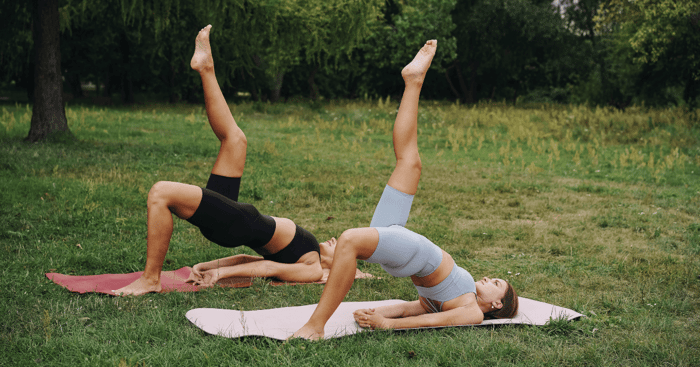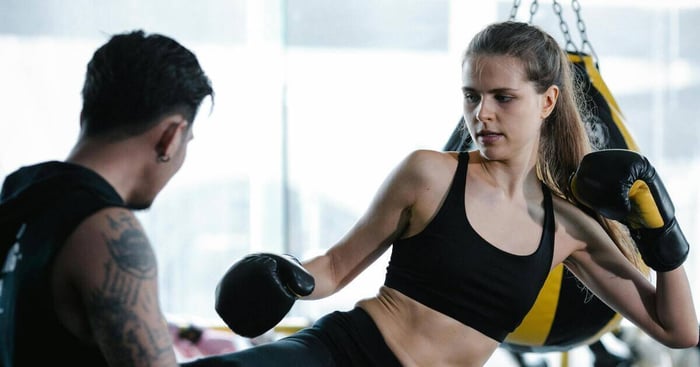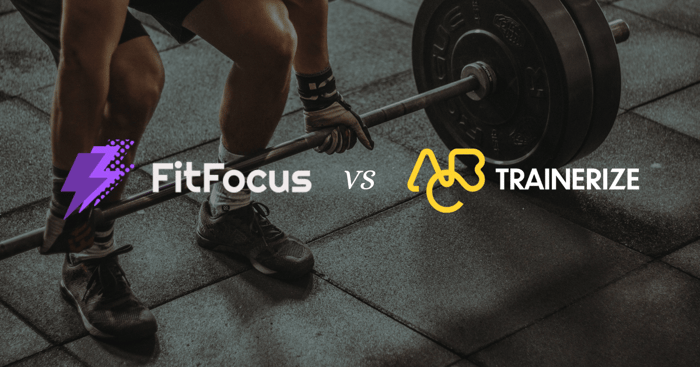The relationship between physical and mental health is more relevant than ever, especially for Australia’s Gen Z.
According to the Australian Bureau of Statistics (ABS), almost 40% of young Australians aged 16–24 report anxiety or depression. Personal trainers are uniquely positioned to help this group, offering not just fitness guidance but emotional support through structured, positive interactions.
Gen Z faces specific challenges: social media, academic pressures, and economic worries shape their day-to-day experiences. For trainers, understanding these pressures presents an opportunity to contribute to better mental health outcomes.
Why personal trainers can make a difference
Physical activity isn’t just about aesthetics - it’s linked to improved mood, reduced anxiety, and better sleep.
Organisations like Beyond Blue emphasise that even moderate exercise can help alleviate mild anxiety and depression. As a consistent figure in their clients’ lives, personal trainers can provide more than workout plans, they can offer stability and encouragement.
Strategies for helping gen z clients
Tailored fitness programs
Gen Z values personalised experiences. Create programs that address their goals, whether that’s reducing stress, building strength, or boosting energy. Focus on small, achievable milestones to build confidence.
Example: Instead of focusing solely on weight loss, celebrate achievements like completing a week of workouts or surpassing a personal best.
Encourage consistent activity
The mental health benefits of exercise come from regularity, not occasional bursts. Promote habits that clients can stick to long-term.
Example: Suggest starting with 10 minutes of walking each day and increasing gradually, rather than beginning with intense workouts that might feel overwhelming.
Incorporate mindfulness
Introduce mindfulness practices such as breathing exercises, body awareness, or mindful stretches to help manage stress.
Example: Begin or end a session with five minutes of guided deep breathing.
Create an inclusive, positive space
Foster a supportive, judgement-free environment. Replace criticism with encouragement to promote a growth mindset.
Example: Swap “Try harder next time” with “Great effort today, let’s build on that.”
Educate on the benefits of exercise
Explain the mental health benefits of regular activity, including improved mood, reduced stress, and better sleep quality.
Example: During training, discuss how endorphins can boost overall well-being.
Make training social
Group workouts and challenges help foster community and reduce feelings of isolation, which can positively affect mental health.
Example: Run monthly group fitness challenges or partner workouts to encourage connection.
Maintain open communication
While not a substitute for mental health professionals, trainers can create an environment where clients feel comfortable talking.
Example: Phrases like “I’m always here if you need to chat” can build trust and rapport.
Australian mental health insights
Nearly 40% of young Australians experience anxiety or depression, according to the ABS.
Beyond Blue notes that 30 minutes of moderate exercise, five days a week, can reduce anxiety and improve mood.
Social participation is linked to lower stress and greater happiness among young Australians.
Helpful resources for personal trainers
Headspace – mental health support for young people
Beyond Blue – insights on how exercise can alleviate symptoms of anxiety and depression
Australian Psychological Society (APS) – evidence-based advice for understanding mental health
Personal trainers can play a meaningful role in the lives of Gen Z clients by combining fitness expertise with emotional support.
Encouraging consistent exercise, fostering a positive environment, and recognising the mental benefits of movement can help this generation build healthier, more resilient lives.
For more information, explore ABS mental health statistics and Beyond Blue’s resources.



